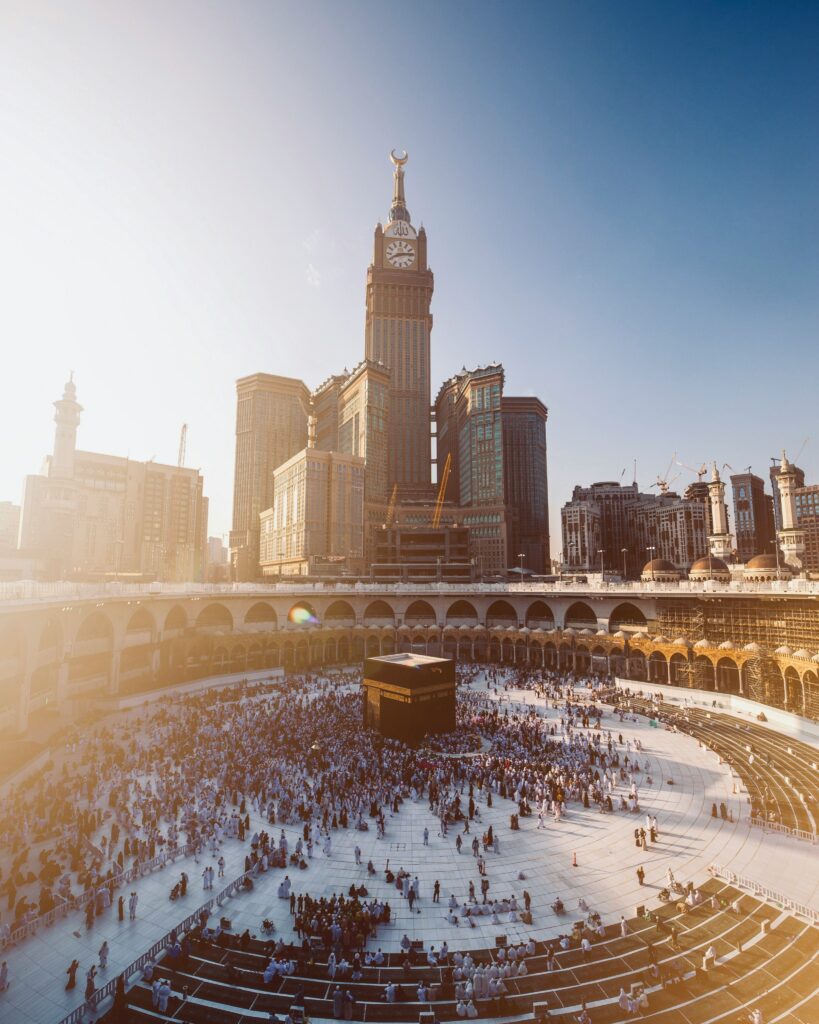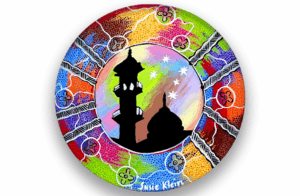The concept of God’s Oneness (Tawhid) might seem straightforward, but it is a deeply profound idea that shapes everything.
It’s not just about believing in one God; it’s the source from which all other beliefs flow. This central truth frees us from all other obligations, except those that come from submitting to God alone.
The Holy Quran and the teachings of Prophet Muhammad (peace be upon him) reveal a deeper understanding of Unity. It teaches that we shouldn’t fear anything or anyone except God. All power to do good comes solely from God; He controls all strength and energy.
In our daily lives, our actions are always driven by either fear or hope. People do good things because of hope for reward or fear of punishment; even bad actions stem from similar motivations. For those who don’t believe in God’s Oneness, their fears are often worldly – like the fear of displeasing powerful people, society, or even the fear of poverty. These worldly fears often lead to negative actions and consequences that shape lives.
Believing in God’s Oneness removes these worldly fears.
It teaches us to prioritise the fear of God above all else, meaning we strive to please Him and avoid His displeasure, rather than worrying about what others think or want. Similarly, our hopes and desires should be directed towards pleasing God, rather than constantly trying to please ourselves or others.
When we constantly try to please others, especially those in power, we become their slaves.
A person without the belief in God’s Oneness ends up serving many “masters” – whether it’s other people, their own ego, or material desires. This is the worst kind of slavery, leading to inner turmoil and societal chaos. But when we truly declare “there is no God but Allah,” all these other fears and hopes vanish. By choosing one true Master, we are liberated from servitude to everyone and everything else, finding true peace and order in our lives.
In a nation as wonderfully diverse as Australia, the quest for unity amidst myriad backgrounds and beliefs is a continuous and vital endeavor.
While often discussed in secular terms, the profound theological concept of the absolute oneness of Allah (Tawhid) is inherent to Islam and thus also offers a compelling framework for fostering genuine cohesion and mutual respect within our multicultural society.
The Oneness of Allah is far more than a mere declaration of monotheism; it is a foundational principle that permeates every aspect of Islamic thought and practice. It asserts that there is one Creator, one Sustainer, and one ultimate authority. From this singular source flows the entirety of existence, including all of humanity.
This core belief inherently dismantles any notion of inherent superiority based on race, ethnicity, nationality, or social standing. If all people are equally creations of the One God, then their fundamental dignity and equality are divinely ordained and undeniable. The Holy Quran itself emphasises this, stating that humanity was created into “peoples and tribes that you may know one another,” highlighting diversity as a means of understanding and connection, not division.
Applying this principle in the Australian context means recognising that our differences in origin, language, or faith are not barriers to unity, but rather expressions of a broader, divinely willed tapestry.
The belief in a single Creator encourages Muslims to view all fellow Australians, regardless of their background, as part of a shared human family. This perspective naturally fosters compassion, justice, and a commitment to the common good, as these values are seen as reflections of the Creator’s attributes. It transcends narrow tribalism or nationalism, promoting a universal brotherhood that can strengthen the bonds of citizenship and community within our diverse nation.
Another crucial aspect of the Oneness of Allah, as presented in the Holy Quran, is the absolute harmony evident throughout His creation. This profound concept deeply resonated with figures like Einstein, who, as a scientist, was struck by the perfect symmetry in the material universe, seeing it as evidence of a singular Creator. However, the Holy Quran expands this notion of harmony to encompass all aspects of existence. It asserts that there is no discord within nature, as fashioned by God, nor within the divine scriptures revealed by Him. Instead, there is complete congruence between different facets of God’s creation and between His various revelations.
The Holy Quran further declares a perfect consistency between the Word of God and the Act of God, meaning there can be no contradiction between the natural world and the divine message conveyed through His prophets.
This belief in the Oneness of God plays a pivotal role in human education and development.
It mandates a profound consistency between an individual’s beliefs and their actions, and between their relationship with God and their interactions with fellow human beings, thereby weaving all of creation into an unbreakable chain of unity built on justice.
This stands in stark contrast to the practices of some who, in the name of God, sow hatred and division among different segments of humanity. The principle of God’s Oneness fundamentally opposes such practices, forbidding any attempt to separate God from His creation or to create schisms within society itself.
Ultimately, the Islamic concept of the Oneness of Allah provides a powerful spiritual and ethical impetus for building a more unified Australia.
By grounding our interactions in the recognition of a shared humanity and equal dignity before God, we can move beyond mere tolerance to a deeper appreciation and embrace of our collective diversity.
It calls upon all Australians, particularly Muslims, to embody these principles, contributing actively to a society where respect, understanding, and harmonious coexistence are not just ideals, but lived realities.



